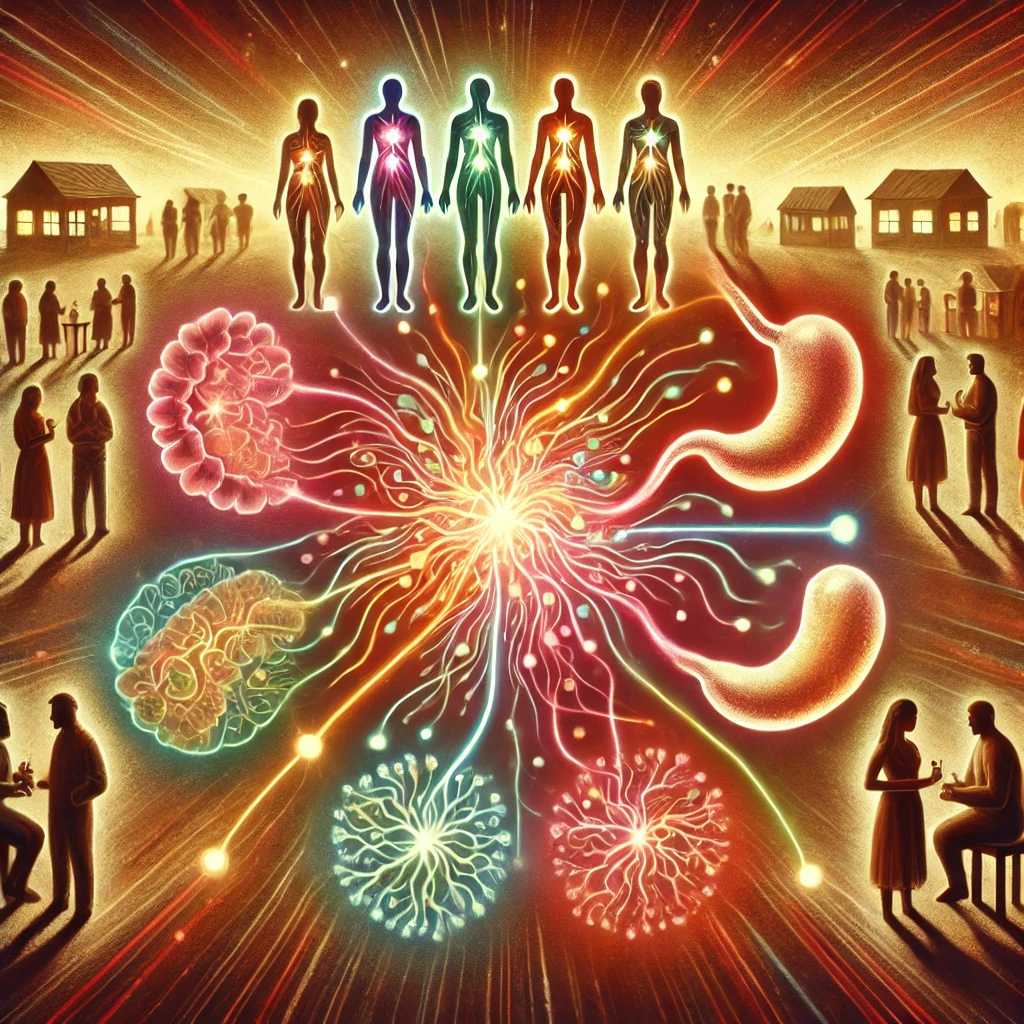Scientists have long known that the tiny organisms living in our guts, called the microbiome, play a big role in our health. But did you know that who you hang out with can actually change your microbiome? A new study shows that the people you spend time with—even your friends—can shape the kinds of bacteria in your gut.
In this study, researchers looked at 1,787 people living in 18 small villages in Honduras. These villages are pretty isolated, which made them perfect for studying how close relationships impact the microbiome. Scientists collected gut bacteria samples and mapped out everyone’s social connections by asking questions like, “Who do you spend time with?” and “Who do you trust to talk about private matters?”
What They Found
The study revealed that people who are close socially, like friends or family, share more similar gut bacteria than those who aren’t connected. Surprisingly, this even happens between friends who don’t live in the same house! People who spent more time together, ate meals together, or greeted each other with a kiss on the cheek had more similar gut bacteria. The closer the relationship, the more similar their microbiomes became.
Even two years later, these patterns stayed the same. If two people were connected socially, their microbiomes became even more alike over time compared to people who didn’t interact.
Why Does This Happen?
Bacteria in the gut don’t live long outside the body, so they’re usually passed from person to person through physical contact or shared environments, like eating together. For example, when you share a meal, you might pick up some of the same bacteria from the food or the utensils.
The study also found that people who are at the center of social networks—those with lots of friends or who interact with many people—tend to have microbiomes that look more like the average microbiome in their village. In contrast, people on the social fringe—those who don’t interact with many others—have microbiomes that are less similar to the rest of the group.
Why Does This Matter?
Your microbiome isn’t just about bacteria; it’s connected to your overall health. A healthy, diverse microbiome can help protect against diseases and improve digestion. The study suggests that our social lives could play a role in shaping our microbiomes and, by extension, our health.
In a way, this study supports the old saying, “You are who you hang out with.” Not only do your friends influence your personality and habits, but they might also be influencing the microscopic life in your body.
So, the next time you sit down for a meal with friends, remember: you’re sharing more than just good times—you’re also sharing a little bit of your microbiome!





